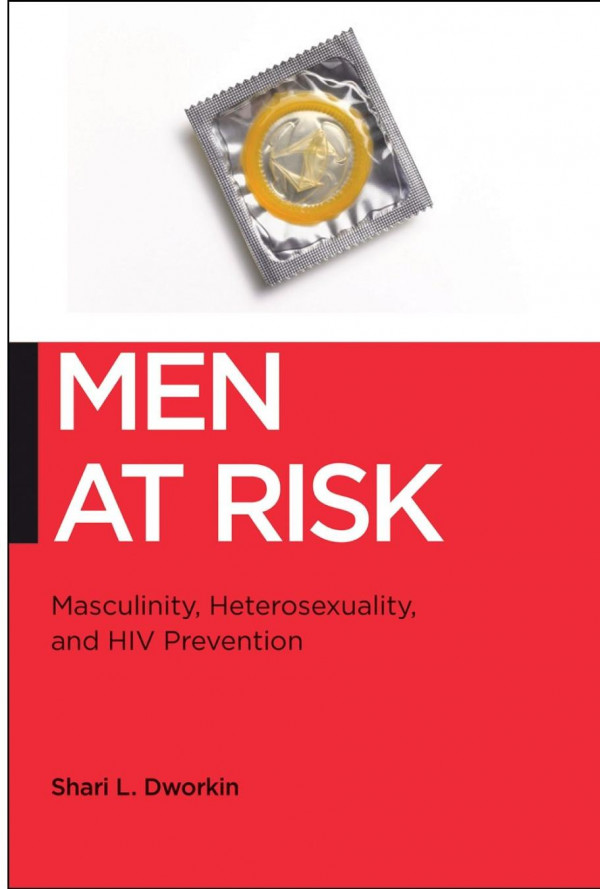

Most ebook files are in PDF format, so you can easily read them using various software such as Foxit Reader or directly on the Google Chrome browser.
Some ebook files are released by publishers in other formats such as .awz, .mobi, .epub, .fb2, etc. You may need to install specific software to read these formats on mobile/PC, such as Calibre.
Please read the tutorial at this link: https://ebookbell.com/faq
We offer FREE conversion to the popular formats you request; however, this may take some time. Therefore, right after payment, please email us, and we will try to provide the service as quickly as possible.
For some exceptional file formats or broken links (if any), please refrain from opening any disputes. Instead, email us first, and we will try to assist within a maximum of 6 hours.
EbookBell Team

4.1
20 reviewsAlthough the first AIDS cases were attributed to men having sex with men, over 70% of HIV infections worldwide are now estimated to occur through sex between women and men. In Men at Risk, Shari L. Dworkin argues that the centrality of heterosexual relationship dynamics to the transmission of HIV means that both women and men need to be taken into account in gender-specific HIV/AIDS prevention interventions. She looks at the “costs of masculinity” that shape men’s HIV risks, such as their initiation of sex and their increased status from sex with multiple partners.
Engaging with the common paradigm in HIV research that portrays only women—and not heterosexually active men—as being “vulnerable” to HIV, Dworkin examines the gaps in public health knowledge that result in substandard treatment for HIV transmission and infection among heterosexual men both domestically and globally. She examines a vast array of structural factors that shape men’s HIV transmission risks and also focuses on a relatively new category of global health programs with men known as “gender-transformative” that seeks to move men in the direction of gender equality in the name of improved health. Dworkin makes suggestions for the next generation of gender-transformative health interventions by calling for masculinities-based and structurally driven HIV prevention programming. Thoroughly researched and theoretically grounded, Men at Risk presents a unique approach to HIV prevention at the intersection of sociological and public health research.